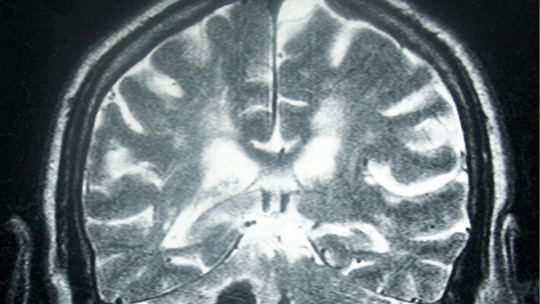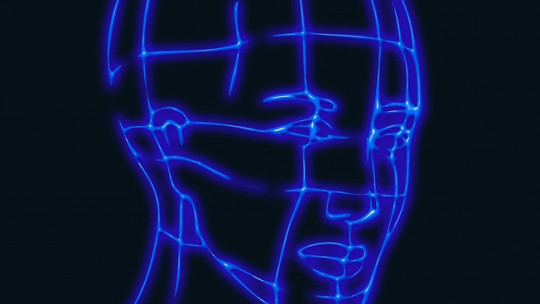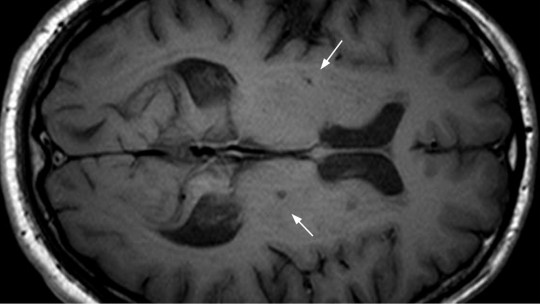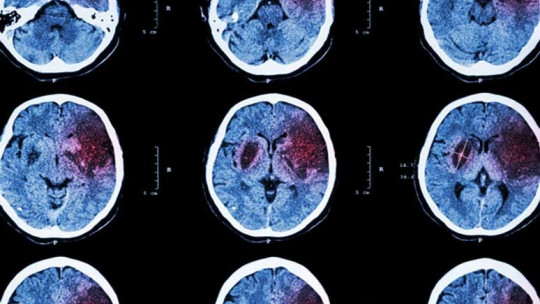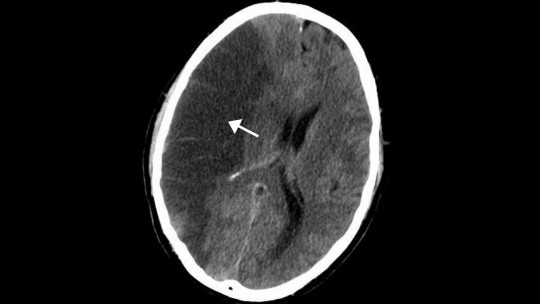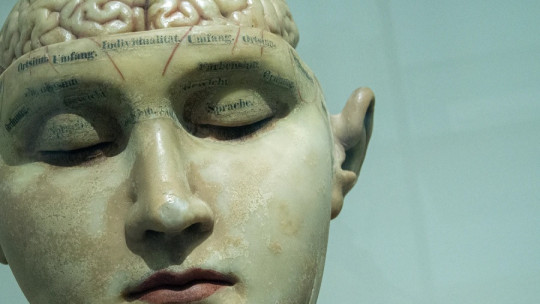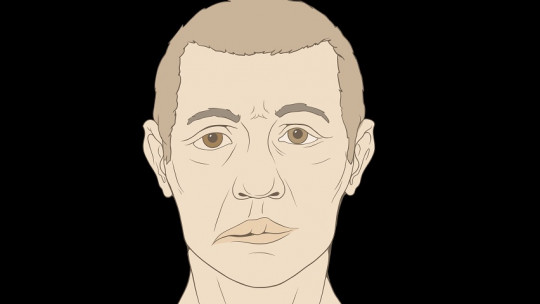
A stroke or cerebrovascular accident (CVA) is among the most frequent reasons for seeking urgent care due to a cerebral circulation disorder, and it should be noted that the chances of recovery are reduced with each minute that passes from the moment it occurs. has suffered the accident until professional help is obtained.
A close relationship has been found between having suffered a stroke and personality changes, some of these changes being the following: difficulties empathizing with other people, loss of sense of humor, aggressiveness, loss of social inhibitions, introversion, emotional stability , rigidity or loss of initiative, among others. In this sense, here we will talk about the relationship between a stroke and personality changes.
Stroke or cerebrovascular accident
Stroke or cerebrovascular accident, both hemorrhagic and ischemic, can produce very significant personality changes in addition to the effects suffered on a physical and health level. When a person survives a stroke, they may experience a series of subsequent behavioral changes that could affect different areas of their life and also the lives of those closest to them.
As we had mentioned previously, there is a close relationship between having suffered a stroke and personality changes, and it is also common to experience other changes on a physical level. The most common symptoms when suffering a stroke They are those that will be listed below:
On the other hand, we can highlight between the risk factors of suffering a stroke the following:
Notably If lifestyle habits are improved, the risk of suffering a stroke is drastically reduced and to do this you can follow some tips like these: practicing physical exercise regularly, if you manage to reach a healthy weight, keep cholesterol levels under control, stop smoking and avoid the consumption of drugs that increase blood sugar. risk of suffering a stroke or diabetes is controlled, among other things.
Can a stroke cause personality changes?
Since there is a relationship between suffering a stroke and personality changes, it is worth mentioning that recognizing these changes and having found the reason can be a great step in the right direction in order to modify those unwanted behaviors. while working with the help of a professional to recover those personality traits that most make the patient feel like “himself.” That is to say, it would be advisable to start working on those traits that the patient considers to be most characteristic of his personality and his way of being.
Next we are going to see which personality changes occur with the highest percentage among people who have suffered a stroke.
1. Difficulties empathizing with other people
When we want to talk about the relationship between stroke and personality changes, we are going to start by explaining that it is quite common for patients who have survived a stroke or cerebrovascular accident to suffer serious difficulties in empathizing with other people, and this could be due to brain damage. produced in this type of cases affects various regions of the right cerebral hemisphere.
The difficulty in showing empathy affects the relationships of these people with their loved ones, so it is advisable that they are informed and thus aware that the patient who has suffered a stroke needs understanding and professional help to train appropriately. new skills that facilitate greater development of empathy, although it is not always possible for the patient to improve in this aspect or it may not even be enough. In any case, the help of both those close to you and qualified professionals is essential.

2. A loss of sense of humor
It is quite common for people who have suffered a stroke to suffer a loss or decrease in their sense of humor, so someone who was previously funny could lose the ability to make the jokes they usually made before having the stroke. At the same time That person might not be able to get the joke or find it funny.
It is worth mentioning that when you suffer a loss of sense of humor, it could be quite difficult to recover because this usually occurs due to a loss of some cognitive skills, so perhaps you would have to work first to recover those skills. affected.
3. The loss of social inhibitions
The loss of social inhibitions is also notable when we want to talk about the relationship between stroke and personality changes, and this is because some people who have suffered a stroke could behave in ways that are considered socially inappropriate. This usually happens normally when the stroke occurs in the frontal lobe part of the brain. On the other hand, in this type of case it is normal for the person to be unaware that they are behaving inappropriately, so it could be difficult for them to try to correct their behavior.
4. Aggression
Aggression is also common in many cases when they have suffered a stroke, and it is characteristic in these cases that they have become unexpectedly hostile and with higher levels of anger than was previously common in these people. Additionally, some people may behave in a cruel and/or physically aggressive manner.
Aggressiveness is more characteristic of those cases of patients who have suffered a serious stroke or even who have a stroke pattern that causes vascular dementia. This dementia usually develops when several small strokes have occurred over a period of time.
- Related article: “The 4 main theories of aggression: how is aggression explained?”
5. Emotional instability
Many patients who have suffered a stroke may suffer emotional instability. In these cases, inappropriate laughter or crying may be observed. In addition, there are cases of patients who have suffered what is known as emotional lability or pseudobulbar syndrome which is characterized by uncontrollable emotional expressions and sudden mood swings.
6. Social avoidance and other changes in social behavior
When associating stroke and personality changes, it should be noted that it is quite common for these patients to become more introverted, isolated and/or socially avoidant. One of the causes of a person’s isolation could be the fact that after the stroke they are not able to do with ease some things that they were able to master before. In other more serious cases, Isolation could be due to severe difficulties in performing various tasks (e.g. getting out of bed, driving, etc.).
- You may be interested: “What is Social Psychology?”
Other possible psychological consequences produced after suffering a stroke
In addition to being able to observe a close relationship between stroke and personality changes, different studies have also found other psychological consequences caused by a cerebrovascular accident or stroke. These most common consequences are the ones we are going to see below.
1. Anosognosia
Anosognosia, or denial of stroke, is the inability of the patient who has suffered a stroke to recognize it. Therefore, anosognosia could manifest itself as a result of overconfidence and ignorance that there is something wrong after having suffered a stroke. Because of this, it is possible that this person feels disconcerted when it comes to receiving medical attention aimed at the different complications suffered due to the stroke.
2. Loss of cognitive skills
It is also very characteristic that a loss of cognitive abilities occurs after a stroke in almost any of the brain regions, although They tend to occur more frequently in strokes that affect the parietal lobe, frontal lobe or temporal lobe.
Within the loss of cognitive abilities in these cases, problems can be observed in problem solving, reading, logical-mathematical reasoning, and also serious difficulties with language. Memory problems and difficulties in understanding are also common. understanding of some concepts. However, with the help of a professional and with the patient’s determination to improve, it is possible that an improvement can occur that helps alleviate, to the extent possible, this type of cognitive deficits.
3. Lack of motivation or apathy
Lack of motivation is very common in those people who have suffered any type of brain injury, which is why it is also common after suffering a stroke. And since there is a decrease in cognitive abilities after the stroke, many daily tasks that were previously performed without much effort now they are challenging and/or difficult to solve. Furthermore, depression could play an important role here.
4. Depression
Among the most common psychological consequences after suffering a stroke we can find depression, which is also a mental health condition that can affect various personality traits, so it could be considered that depression would play an important role in time to relate a stroke and personality changes.
What’s more, in some studies carried out in this regard, it has been observed that more than half of the cases of people who have survived a stroke have suffered symptoms of depression. This It could be due to the fact that people who have suffered a stroke have various health problems (for example, physical limitations, brain changes or other types of health problems).

